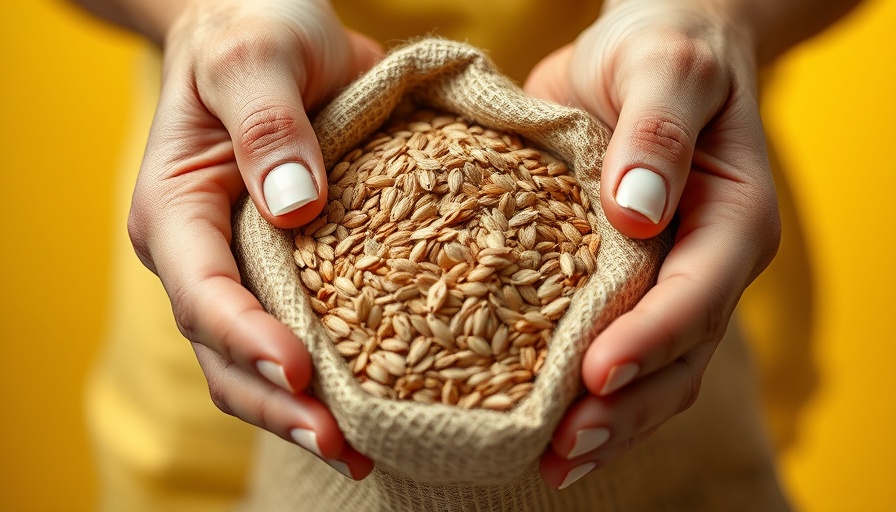
The Power of Flax Seeds: Nature’s Solution for Constipation
Flax seeds, small yet mighty, are rapidly becoming known as a powerful natural remedy for one of life's most uncomfortable issues: constipation. These unassuming seeds, derived from the flax plant (Linum usitatissimum), pack a nutritional punch that can aid digestion and promote regularity. Let’s explore how incorporating flax seeds into your diet can bring about positive changes in your digestive health.
Understanding Constipation and Its Challenges
Constipation is more than just an occasional missed trip to the restroom; it is a chronic issue for many, impacting daily life and overall well-being. Symptoms can range from infrequent bowel movements to hard, dry stools that are painful to pass. Whether you attribute these issues to diet, stress, lack of activity, or other health factors, the discomfort can sometimes feel overwhelming.
High Fiber Content: Why Flax Seeds Are Your Best Ally
One of the primary reasons flax seeds are so effective against constipation is their impressively high fiber content. Just one tablespoon of whole flax seeds provides nearly 2.8 grams of dietary fiber. This combination of soluble and insoluble fiber works wonders. Insoluble fiber increases stool bulk by absorbing water, which helps push the contents of your intestines along. Meanwhile, soluble fiber helps soften your stool, making it easier to pass without straining.
Mucilage: The Unsung Hero of Gut Health
Flax seeds contain a unique component known as mucilage, a natural gel-like substance that forms when the seeds are soaked in water. This mucilage serves to reduce friction for stool moving through the colon, thereby easing the passage and alleviating discomfort associated with constipation. This dual action—bulk and lubrication—makes flax seeds a superb choice for promoting regular bowel movements.
Supporting a Healthy Gut Microbiome
Another remarkable aspect of flax seeds is their role as a prebiotic. Prebiotics are dietary fibers that feed the good bacteria in your gut, contributing to a balanced microbiome. A healthy gut microbiome is essential not only for digestion but also for overall health, as it helps with nutrient absorption and maintaining a robust immune system. As personal health trends lean towards holistic practices, flax seeds emerge as a natural bulk-forming laxative that doesn’t lead to dependency.
How to Incorporate Flax Seeds Into Your Diet
Adding flax seeds to your diet is easy and versatile. Nutritionists recommend consuming two to three servings per day, ideally between 10 to 15 grams. You can sprinkle them on yogurt, blend them into smoothies, or incorporate them into baked goods like cookies and muffins. Roasting the seeds enhances their nutty flavor, making them an enjoyable addition to various dishes.
Be Mindful: Avoiding Overconsumption
While flax seeds have many benefits, moderation is key. Although they're nutritious and high in fiber, excessive consumption can lead to undesirable side effects such as bloating or digestive discomfort. Balancing your intake with ample fluids can help your body cope with the increased fiber effectively.
Conclusion: Embrace Flax Seeds for Better Digestive Health
Incorporating flax seeds into your diet is a simple yet powerful step towards managing constipation and enhancing overall gut health. With their high fiber content, mucilage properties, and prebiotic benefits, these tiny seeds are indeed a force to be reckoned with. Start sprinkling them into your meals today and pave the way for a smoother journey to regularity.
Remember, healthy eating is not just about what you eliminate from your diet but also about what you add. Make flax seeds a staple in your food choices and watch how they transform your digestive experience.
 Add Row
Add Row  Add
Add 




Write A Comment